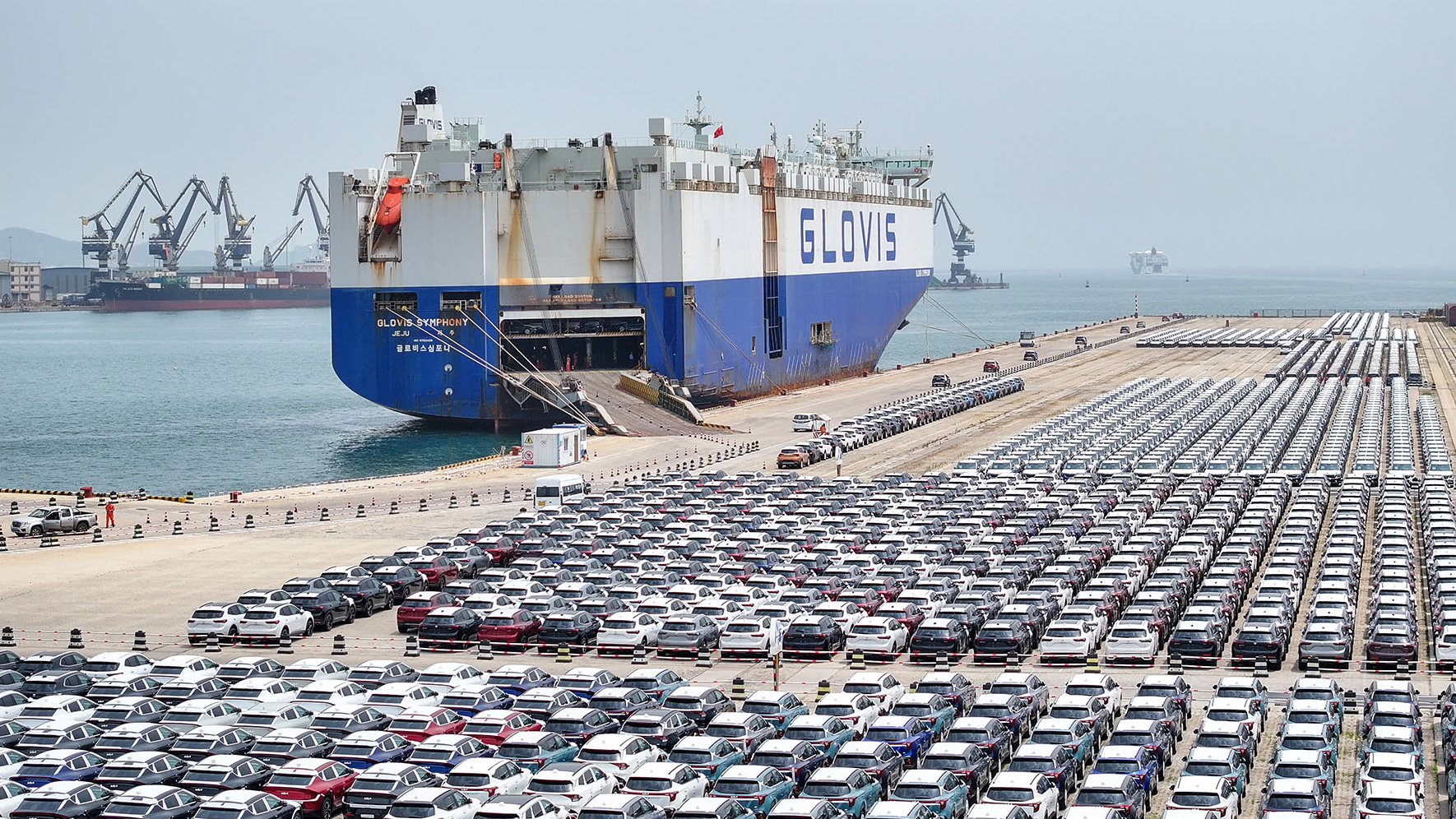
TALLINN - Estonia prefers to find a solution via negotiations on tariffs on Chinese-made electric vehicles (EVs), an official at the Ministry of Foreign Affairs has said.
Triinu Prits, head of the foreign trade policy and international economic organizations' division at the ministry, made the remarks when commenting on the European Commission's imposition of provisional tariffs on imports of Chinese EVs.
Prits told the Estonian Public Broadcasting (ERR) on Tuesday that Estonia does not doubt the EC's investigation findings, but it is not convinced that raising tariffs is the optimal solution.
ALSO READ: China's BEV industry asks EU to rectify its probe
"When there are harmful effects, these certainly need to be addressed, but our preference is for bilateral solutions and negotiations. It is crucial to stay within World Trade Organization rules, and to analyze carefully the potential economic and political consequences," she noted.
"As is common knowledge, unilateral protection measures can also harm the interests of our own companies and consumers," she added.
The current tariff hikes of up to 37.6 percent are supposed to be temporary, and the EU will need to decide in the fall whether to extend them.
"It is also very important that negotiations with China begin, and we should wait for the results of these talks while continuing to assess the economic impacts," Prits said.
ALSO READ: UK trade secretary: No plans to impose tariffs on Chinese EV imports
Estonia does not have an automotive industry like Germany's, but this does not mean that tariffs would not impact Estonia, Prits noted, noting that "We, too, have subcontractors, importers, car maintenance providers, and consumers. All these stakeholders are connected to the EU's single market. Any political and economic measures, or lack thereof, and potential countermeasures, can lead to very unpredictable consequences."
The tariffs, widely criticized as protectionist, have prompted objections from China and sparked widespread concerns over rising costs for consumers in the EU and global efforts towards green transitions.
READ MORE: China's automobile industry firmly opposes US measures
On July 4, when the EC introduced the provisional additional tariffs, China's Ministry of Commerce said China hopes that the EU will work with it in the same direction and show sincerity in advancing the consultation concerning the tariffs.
The two sides agreed to start consultation following talks between Chinese Minister of Commerce Wang Wentao and European Commission Executive Vice-President and Trade Commissioner Valdis Dombrovskis via a video link on June 22.


